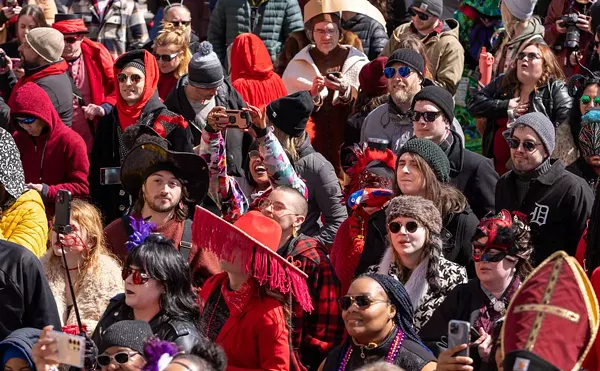Rob Reiner’s Alex & Emma invites comparison to his directorial breakout into romantic comedy more than a decade ago, When Harry Met Sally. But accepting that invitation mostly makes a date with disappointment.
If some concerned Tinseltown friend (or agent) pulled Annie Hall’s cinematic coat and told it to lighten up, it could have taken the advice, tied its plot up in the pretty bow of a romantic happy ending and stepped into a theater near you as When Harry Met Sally. It was love at first sight for a lot of rom-com fans. The movie became a classic in the genre.
And it’s a simple genre: Boy meets girl, stumbling blocks come between them and then boy gets girl. Simple. But then Beethoven’s Fifth Symphony is structured around four notes. The point is that it’s not the form, but what you do with it. When Harry Met Sally played through the neurotic odd-couple changes of romantic comedy that have been laid down since at least Shakespeare. But the story struck the complex and sometimes dissonant chord of love. And it resonated with many of us.
Alex & Emma opens with illustrations that synthesize Jazz Age art deco and classic Japanese paintings. A figure modeled after Luke Wilson (Old School) recalls Nick Carraway, the narrator of F. Scott Fitzgerald’s The Great Gatsby in cleanly inked lines and flat color. Another based on Sophie Marceau (The World is Not Enough) could be Gatsby’s Daisy. It’s an apt introduction in more ways than planned: Alex & Emma is as flat as this title sequence and the Fitzgerald-burlesque of a novel that Wilson’s Alex Sheldon is all but literally writing under the gun.
Soon we’re shown that Alex has defaulted on a loan that he spent betting on dog racing. Two over-muscled and tattooed Latinos (the up-and-coming race of movie villains, if this flick and Bruce Almighty are any indication) burst into his charming, book-strewn garret to threateningly inform him that things will go “berry, berry bad” for him if he doesn’t pay up in 30 days. Of course, Reiner and screenwriters Jeremy Leven (The Legend of Bagger Vance) and Adam Scheinman (Bait) have the fiery bad guys roast Alex’s laptop over a burner of his stove. The only way he can finish his novel on time is to hire a stenographer.
That stenographer is Emma (Kate Hudson). She’s quick to tell him, “If you want sex, you’re barking up the wrong body.” She’s quirky: She reads the last page of books first, like Reiner’s Harry. And she works her way into Alex’s fiction, as his novel becomes a movie within the movie and Emma is given the role of ingenue versus Marceau’s femme fatale.
Literary pretension doesn’t so much flatten this film as serve as its raw material (Reiner has admitted that the basic plot of writer-meets-stenographer was lifted from Dostoyevsky’s life). But the main problem here is that Reiner and company seem to draw this romantic comedy by numbers. The only surprise is that the boy doesn’t lose the girl until the final act (which doesn’t leave much time for the Hollywood happy ending).
Wilson, Hudson and Marceau emote professionally, playing every hint of the plot’s emotion on their faces. It’s a good effort on their parts. But this script doesn’t seem worth the trouble.
The main disappointment here is that Reiner has proven that he can do better, not only with When Harry Met Sally, but also The American President. English novelist W. Somerset Maugham once said that American writers, like F. Scott Fitzgerald, often only had one good novel in them. After two disappointing films — The Story of Us and this one — Reiner’s relationship with romantic comedy may be in trouble.
James Keith La Croix writes about film for Metro Times. E-mail [email protected].






